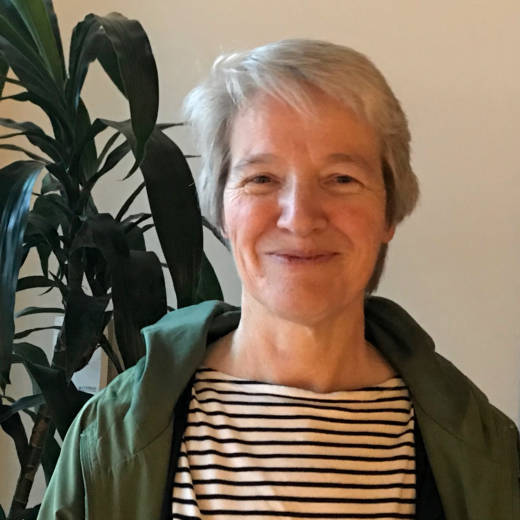Sometimes a modest action can have a major payoff. Geneviève Duboscq found an unexpected way to respond to climate change in her own backyard.
I didn’t start out to fight climate change. I just bought a paper lunch bag of worms and soil at the Gravenstein Apple Fair in Sebastopol one year and added it to the compost pile in our yard. I would turn the pile over with a pitchfork when it started to smell, and I’d see one or more of those thin pink worms rear up and wriggle in the light, then dive back under.
You have to take a longer view with worms and not watch them too closely. You can’t really. They work underground, wriggling in their cool wet skins, silently eating away at decaying plant and animal life. They tunnel through the soil at the edges of the asphalt and in vacant lots. They loosen the soil, making space for air and water. And they leave behind eggs and castings, worm poop filled with calcium, nitrogen, and other nutrients, making rich, sweet black soil.
Charles Darwin, who studied worms for many years, calculated that a single earthworm, over its three-year lifespan, could move eight tons of soil.
The toughest home for my worms was another backyard that felt like solid clay, impossible to dig into, caking up into dusty flakes in the summer, a puddle of mud in winter rains. I threw in some bagged soil, my small collection of worms and food scraps. I’d dig in with a pitchfork and think of the worm eggs spreading like seeds, developing into thin, needle-like worms, stitching their way through this patch of ground. Over several winters, the backyard puddle shrank and shrank. And one rainy winter, there was no puddle, just soil, fertile and dark. The more fertile the soil is, the more carbon it can sequester.

